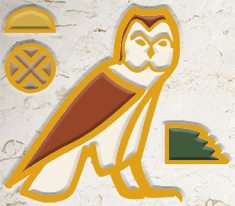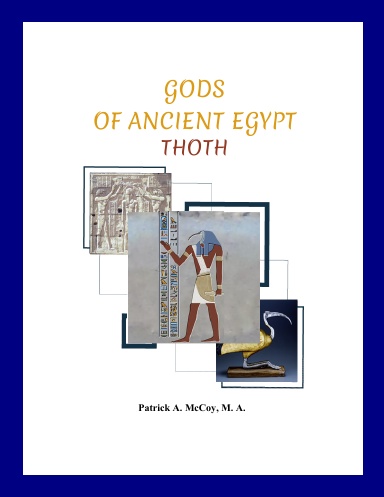Description
The magazine is an extensive exploration of Thoth (DHwty), the ancient Egyptian deity of wisdom, intelligence, writing, and logic. It covers his mythology, roles, depictions, worship centers, and cultural significance. Key points include:
Name and Representation: Thoth’s name, DHwty, is linked to the ibis and hieroglyphs. He is depicted as an ibis, baboon, or ibis-headed man with a writing palette and moon disk headdress.
Roles and Duties: Thoth is the patron of scribes, creator of language, and associated with reasoning, the moon, and the calendar. He plays a vital role in funerary rites, judgment in the afterlife, and purification rituals.
Mythology: Thoth is integral to creation myths, including the separation of Nut and Geb, the creation of the 365-day year, and the restoration of Horus’s moon eye. He also appears in the “Book of the Heavenly Cow,” “Book of the Dead,” and other funerary texts.
Centers of Worship: Major worship sites include Hermopolis Magna, Sumenu, Dakka, and Memphis. He is associated with temples and rituals across Egypt and Nubia.
Literature and Texts: Thoth is featured in Egyptian literature, such as “The Tale of the Eloquent Peasant,” “The Book of Thoth,” and wisdom texts like “Instruction of Amenemopet.” He is credited with writing numerous sacred texts.
Festivals: Thoth’s festivals, such as the Festival of Drunkenness and the Festival of WAg Hr DHwty, celebrate his contributions to rebirth, knowledge, and the cycle of life.
Historical Influence: Thoth influenced pharaohs, including Thutmose III and Amenhotep III, and was syncretized with Hermes Trismegistus during the Graeco-Roman period, impacting Hermetic philosophy.
Legacy: Thoth embodies the pursuit of knowledge, truth, and balance (mAat). His wisdom continues to inspire fascination with ancient Egyptian culture.
The magazine concludes with a hymn to Thoth, emphasizing his unparalleled wisdom and guidance.



Reviews
There are no reviews yet.